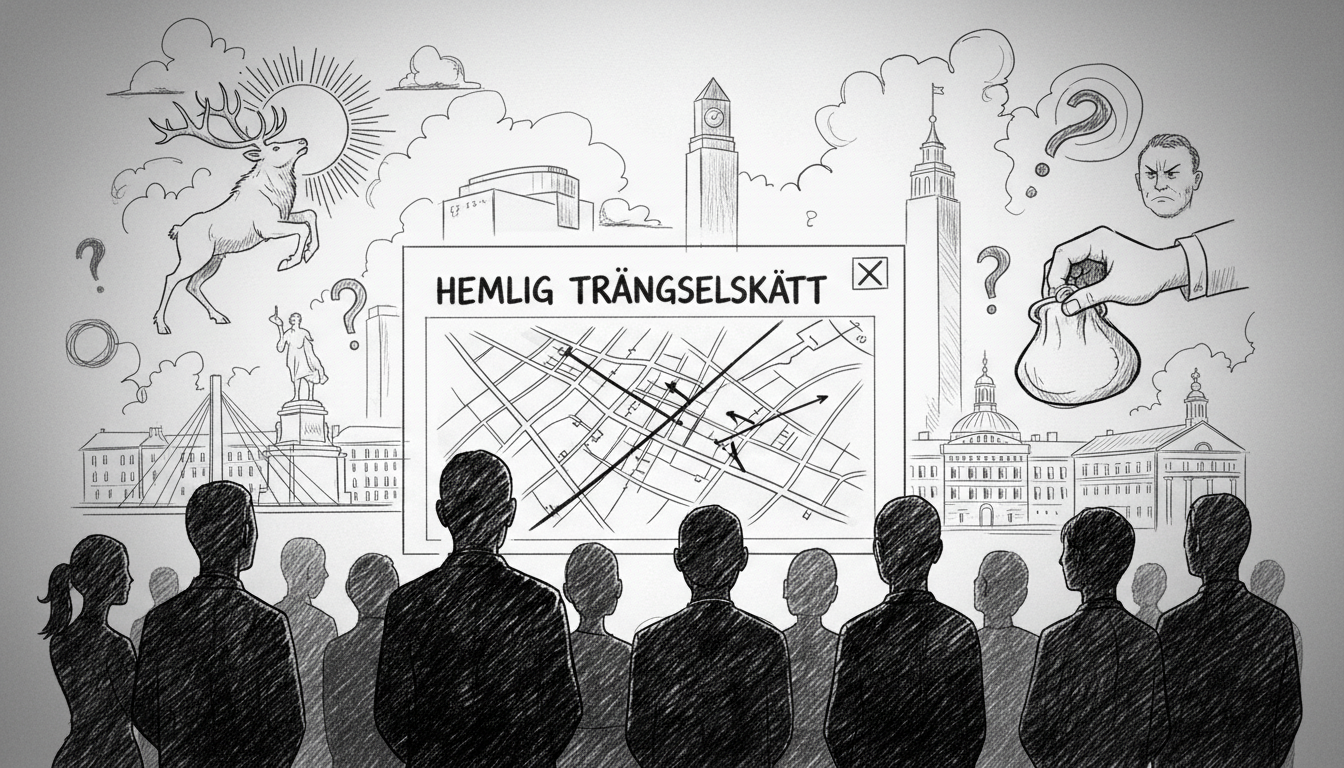Secret Gothenburg congestion tax proposal revealed
A secret proposal to change Gothenburg's congestion tax system was rejected by officials. The revelation raises questions about transparency in urban planning. The ongoing debate pits environmental goals against drivers' financial concerns.

A secret proposal for Gothenburg's congestion tax system was recently rejected. The plan would have changed how drivers pay to enter Sweden's second largest city. Officials considered alternative pricing structures but ultimately dismissed the idea.
Gothenburg introduced congestion charges in 2013 to reduce traffic and fund infrastructure. The system charges vehicles entering and exiting the city center during peak hours. This latest rejected proposal suggests ongoing debates about the tax's effectiveness and fairness.
Why keep such proposals secret initially? Transparency advocates question why traffic planning discussions happen behind closed doors. The public learns about alternatives only after officials reject them.
Local politicians face pressure from both environmental groups and motorist associations. Environmentalists want higher charges to reduce emissions. Drivers complain about the financial burden during a cost of living crisis.
The congestion tax generates substantial revenue for Gothenburg's transport projects. Last year it collected over 1.5 billion SEK ($140 million). Yet many residents question whether they see adequate improvements in return.
This pattern reflects broader Nordic urban planning challenges. Cities balance environmental goals with practical mobility needs. The tension between ideal policies and public acceptance continues across the region.